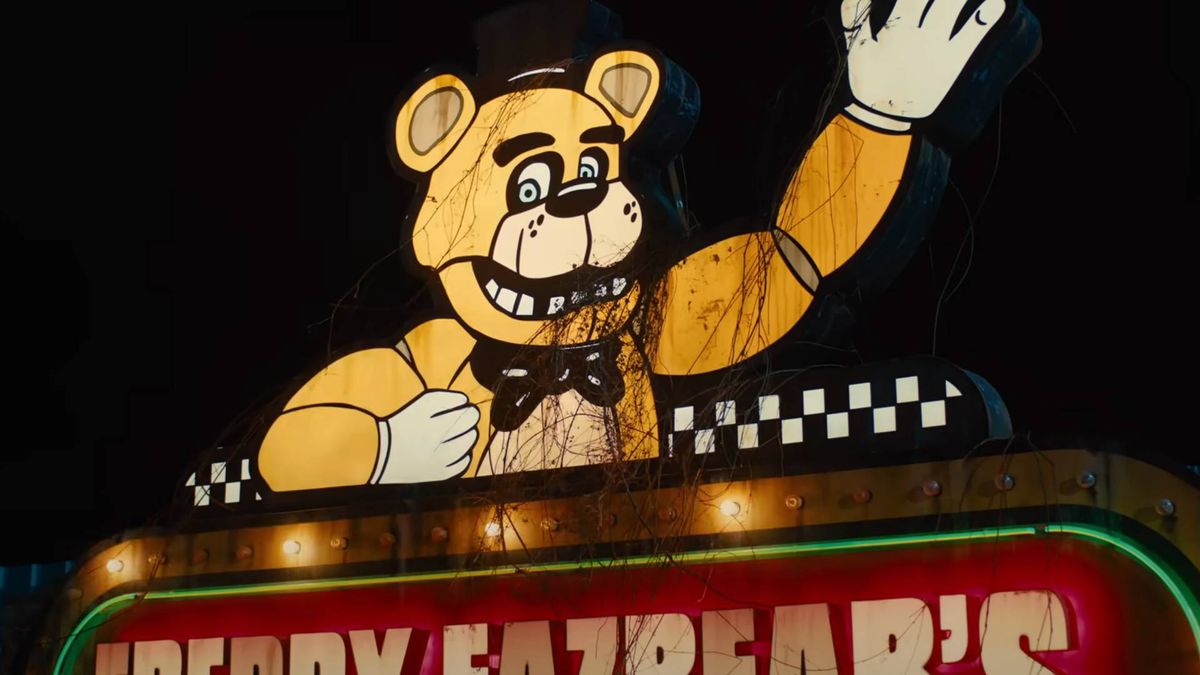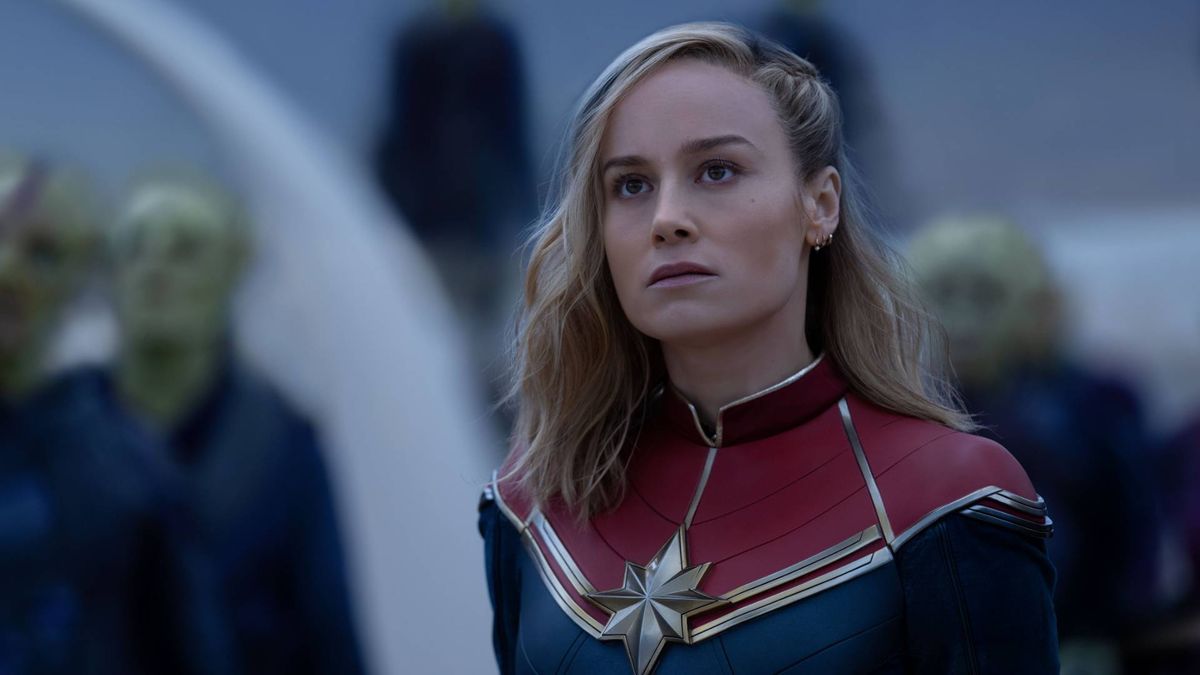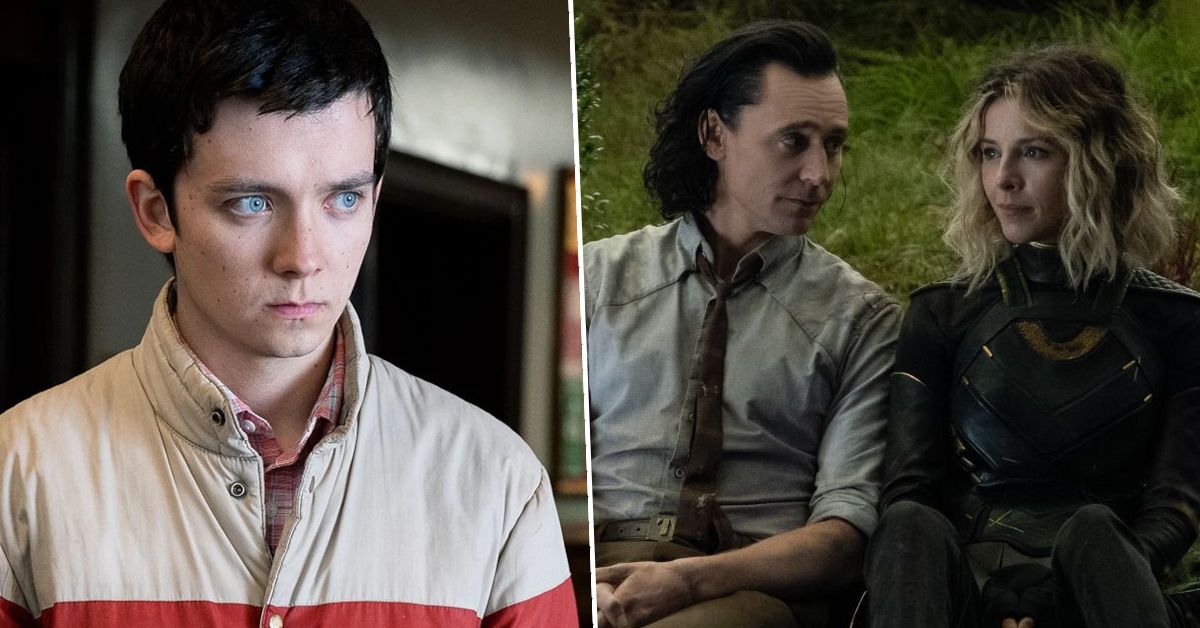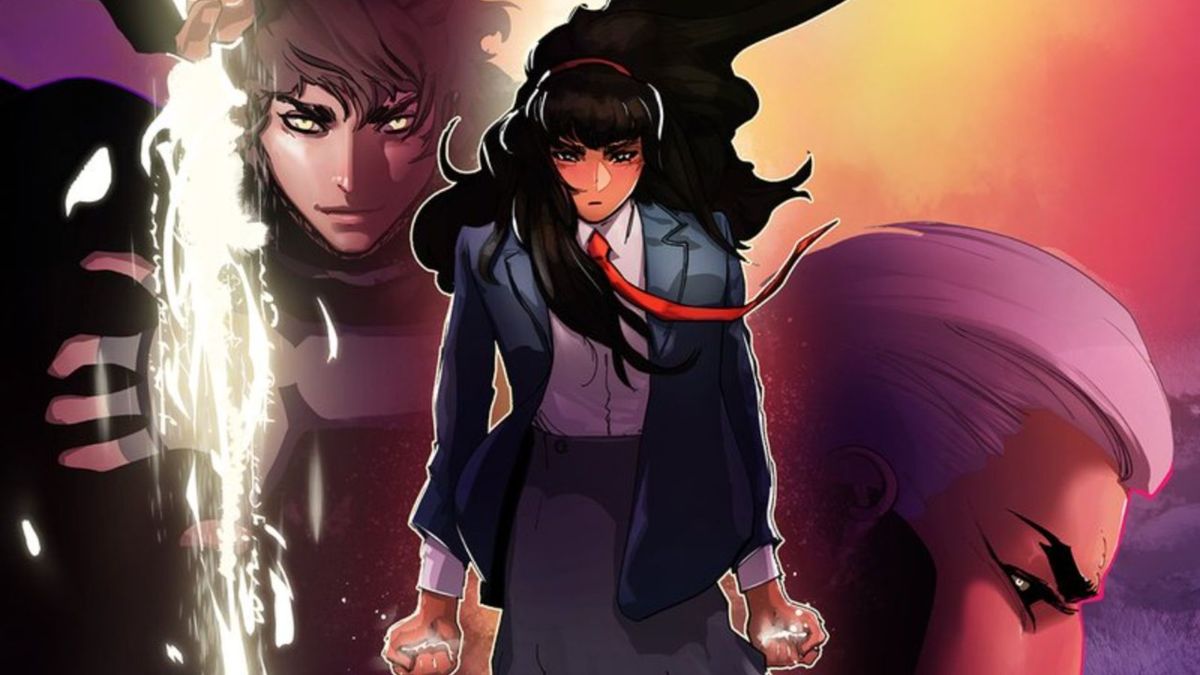Marvel Studios’ Eternals focuses on the strange and somewhat tragic secrets of the Eternals’ relationship to their cosmic masters the Celestials. But Marvel Comics mythology of the Celestials goes even deeper, tying them to the rise of superheroes on Marvel’s Earth – mutants included.
Now Marvel is teasing a potential comic book connection between mutants and the Eternals’ ancient enemies, the Deviants in the lead-up to its summer 2022 event Judgment Day.
The comparison between mutants and Deviants, made by Druig in a quote shared to promote Judgment Day, could be metaphorical. But considering the ties mutants (and other Marvel super-beings) already have to the Celestials, Druig’s meaning could be literal – and if so, that could have massive ramifications on the X-Men in Marvel Comics, and could even extrapolate out into the MCU.
It’s that comic book connection between Celestials and mutants – and possibly Deviants – that may pack one of the biggest impacts of the Eternals film on the future of the MCU, considering mutants are sure to be introduced in a Marvel Studios property sooner rather than later.
Though Eternals itself doesn’t directly address the effect the Celestials have had on superhuman development on Earth, it does open the door to their larger mythos and set up a host of mysteries to be solved in later appearances from the characters – meaning the stage is set for Marvel Studios to potentially dig deeper into how the Celestials are responsible for the creation of mutants, potentially reflecting possible plot points from Judgment Day.
For more on the new MCU characters and concepts introduced in Eternals, check out:
- Harry Styles’ Eros/Starfox has one of the most disturbing Marvel Comics histories
- Black Knight – the Marvel Comics history of Dane Whitman
- Pip the Troll – his Marvel Comics hard-partying history explained
- How Marvel Studios solved its Sprite immortality problem
Mutants are products of Celestial vomit… no, seriously

In the first arc of Jason Aaron’s still ongoing Avengers run, 2018’s Avengers: The Final Host (opens in new tab), the Avengers face off with the Horde, an insectoid race of devouring beasts who are the functional counterparts to the Celestials in the cosmic order of creation and destruction.
On each world where they conduct their evolutionary experiments, the Celestials create 100 Eternals and 100 Deviants. When they return to see the results of their experiments, all life on whichever experimental planet they’re observing is eradicated, with the inherent energy of the planet’s lifeforce going to empower either the Celestials themselves, if the Eternals are the dominant species, or to the Horde, if the Deviants are more prevalent.
In ‘The Final Host,’ the Avengers encounter the Horde, discovering that eons ago, the Celestial Progenitor was infected by the vile energy of the Horde, dying on Earth – but not before barfing up metaphysical Celestial vomit everywhere that seeped into the Earth itself.
Though the Earth was at risk of infection from the Horde, the antibodies present in the Celestial’s vomit took hold and allowed Earth to survive and fight off the Horde infection.

(opens in new tab)
The antibodies in the Celestial vomit manifested on Earth as the rise of superpowers among human beings and even led directly to the evolution of mutants, theoretically as beings powerful enough to repel the Horde – effectively becoming living antibodies themselves, capable of fighting off the most destructive force in the known universe.
This is in turn offered as an explanation of why Earth is so important to the Celestials and the Eternals, and why the Celestials have never harvested Earth as they have with other planets in their purview.
True to form, the Avengers do defeat the Horde, but not before taking in some startling revelations about how and why many of Earth’s heroes got their powers – including providing an actual origin for the rise of the mutant X-gene among humans.
A link between the Celestials and mutantkind has been explored in other alt-universe Marvel stories, such as Earth X (opens in new tab), but ‘The Final Host’ brings the concept into the mainstream Marvel Universe.
Even since the 2018 story, Marvel has introduced even more concepts related to the Eternals and the Celestials – such as the possible connection between mutants and Deviants – meaning that the larger connection between Celestials and mutants could be exactly what the MCU needs to bring in the X-Men.
Are mutants connected to “the Emergence”?

In Eternals, the titular heroes come together after hundreds of years apart due to an event called “the Emergence.” In comic books, this term refers to the return of the Horde to Earth as shown in Avengers: The Final Host. The MCU doesn’t quite take that route with the Eternals and Celestials, but it does introduce the concept of the so-called ‘Fulcrum’ which balances the scales between the cosmic forces of creation and destruction.
Considering that this concept of balance, and a counterforce to the Celestials, provides the impetus for the evolution of mutants in comic books as a way to literally fight off cosmic destroyers, the interference of the Celestials on Earth Eternals could be the exact spark that will eventually ignite the X-gene in latent mutants, perhaps providing a catalyst for the awakening of their powers.
Marvel Studios president Kevin Feige has hinted that mutants will appear in the MCU sooner than fans may expect, given there has been no formal announcement of an actual X-Men movie or show of any kind yet. Could Eternals lay the groundwork to explain exactly how mutants come to the MCU?
The sudden occurrence of a widespread event that awakens many mutants at once could explain why mutants haven’t been seen in the MCU yet, despite potentially already having existed in the franchise’s continuity hidden and out of sight.
In fact, Marvel Comics has portrayed a similar event on the page, though not with Eternals and mutants, but with another byproduct of the Celestials’ evolutionary experiments, the Inhumans. Inhumans are like ordinary people, but they have genetic markers that cause them to mutate and develop powers when exposed to a substance called the Terrigen Mists.

(opens in new tab)
In the Marvel Comics event Infinity (opens in new tab), the Terrigen Mists are released from their containers in the Inhumans’ hidden home of Attilan, spreading across the Earth and awakening the powers of thousands of unwitting Inhumans – including, of course, Kamala Khan/Ms. Marvel.
The MCU once planned an Inhumans film, which later became an ill-fated ABC show that was scrubbed from continuity even faster than the still lingering Agents of S.H.I.E.L.D., which has its own questionable MCU provenance.
Considering the Inhumans failed with audiences (largely thanks to the critically panned production values of the show), could the MCU switch things up just slightly and use the Celestials and Eternals as a bridge to mutantkind, perhaps with a similar event to the Terrigen Mists awakening latent Inhumans in comic books?
If so, that may give the upcoming Ms. Marvel show a way to explain its star’s powers and to maintain a similar origin story for Kamala Khan while divesting her from the Inhumans, maybe by making her the MCU’s first mutant hero.
Whatever implications Eternals holds for the wider MCU, there’s no denying that, especially thanks to the path laid out by comic books, the inclusion of the Celestials and the exploration of their strange experiments could provide the perfect path to introducing mutants into the MCU while also separating them from previous film portrayals.
And if the Celestials aren’t the catalyst for mutants in the MCU, what will be?
The MCU might not have mutants just yet, but Marvel Comics definitely does. Stay up to date with our listing of all of the new X-Men comics planned for release in 2021 and beyond.
 Games News games, movies and TV you love.
Games News games, movies and TV you love.



